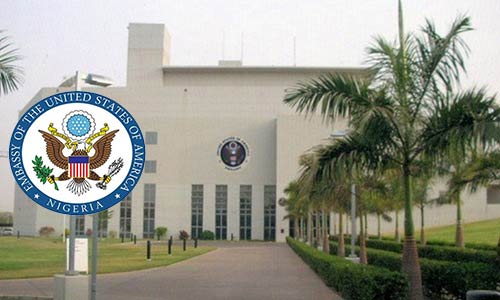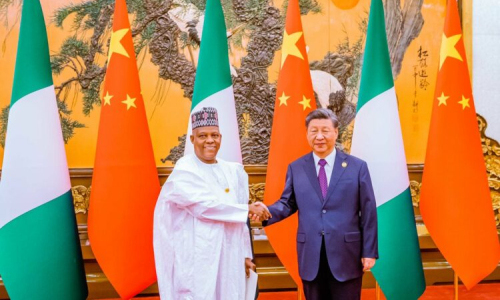INTERNATIONAL 20/12/2022
Ghana to Default on Most External Debt as Economic Crisis Worsens

Ghana on Monday suspended payments on most of its external debt, effectively defaulting as the country struggles to plug its cavernous balance of payments deficit.
Its finance ministry said it will not service debts including its Eurobonds, commercial loans and most bilateral loans, calling the decision an “interim emergency measure”, while some bondholders criticised a lack of clarity in the decision.
The government “stands ready to engage in discussions with all of its external creditors to make Ghana’s debt sustainable”, the finance ministry said.
The suspension of debt payments reflects the parlous state of the economy, which had led the government last week to reach a $3-billion staff-level agreement with the International Monetary Fund (IMF).
Ghana had already announced a domestic debt exchange programme and said that an external restructuring was being negotiated with creditors. The IMF has said a comprehensive debt restructuring is a condition of its support.
The country has been struggling to refinance its debt since the start of the year after downgrades by multiple credit ratings agencies on concerns it would not be able to issue new Eurobonds.
That has sent Ghana’s debt further into the distressed territory. Its public debt stood at 467.4 billion Ghanaian cedis ($55 billion as per Refinitiv Eikon data) in September, of which 42% was domestic.
It had a balance of payments deficit of more than $3.4 billion in September, down from a surplus of $1.6 billion at the same time last year.
While 70% to 100% of the government revenue currently goes toward servicing the debt, the country’s inflation has shot up to as much as 50% in November.
Ghana has been experiencing what some say is its worst economic crisis in a generation. Last month, more than 1,000 protesters marched through the capital Accra, calling for the resignation of the president and denouncing deals with the IMF as fuel and food costs spiralled.
Its gross international reserves stood at around $6.6 billion at the end of September, equating to less than three months of imports cover. That is down from around $9.7 billion at the end of last year.
The government said the suspension will not include the payments towards multilateral debt, new debts taken after Dec. 19 or debts related to certain short-term trade facilities.



